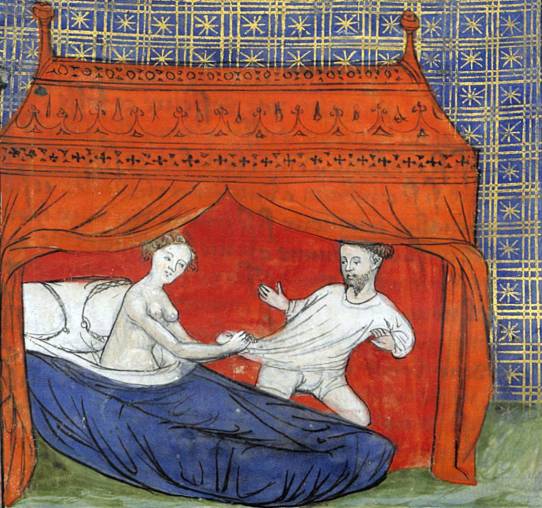Seneca, Moral Epistles 73.1-2
“People seem wrong to me who believe that those who are dedicated to philosophy are cantankerous and insubordinate, that they look down on officers or kings or public administrators. To the contrary, no one is more welcome to a philosopher than people like this, and rightly so, since they bring no greater advantage to people than to those for whom it is permitted to enjoy quiet leisure.
So, those who earn public security in exchange for living well ought to treat the author of this benefit as a parent and much more so than those who spend their time in public making noise, who owe much to those in charge, but demand much too–the kinds of people who are so filled by generosity, that their desires can never be satisfied because they increase as they are fulfilled.
But those who think about welcoming favors to come are forgetful of what they have already taken. Desire has no greater evil than being ungrateful. In addition, no one who works in public affairs thinks of how many they have passed, but looks instead to those who are outdistancing them. It is less pleasing to these people to see the many behind them than it is a burden to glance at anyone ahead. This is what’s wrong with all ambition–it does not look behind. Ambition isn’t unsteady alone: all desire is like this, because it always begins at the end.”
Errare mihi videntur, qui existimant philosophiae fideliter deditos contumaces esse ac refractarios, contemptores magistratuum aut regum eorumve, per quos publica administrantur. Ex contrario enim nulli adversus illos gratiores sunt; nec inmerito. Nullis enim plus praestant quam quibus frui tranquillo otio licet. Itaque ii, quibus multum ad propositum bene vivendi confert securitas publica, necesse est auctorem huius boni ut parentem colant, multo quidem magis quam illi inquieti et in medio positi, qui multa principibus debent, sed multa et inputant, quibus numquam tam plene occurrere ulla liberalitas potest, ut cupiditates illorum, quae crescunt, dum implentur, exsatiet.
Quisquis autem de accipiendo cogitat, oblitus accepti est; nec ullum habet malum cupiditas maius, quam quod ingrata est. Adice nunc, quod nemo eorum, qui in re publica versantur, quot vincat, sed a quibus vincatur, aspicit. Et illis non tam iucundum est multos post se videre quam grave aliquem ante se. Habet hoc vitium omnis ambitio; non respicit. Nec ambitio tantum instabilis est, verum cupiditas omnis, quia incipit semper a fine.







